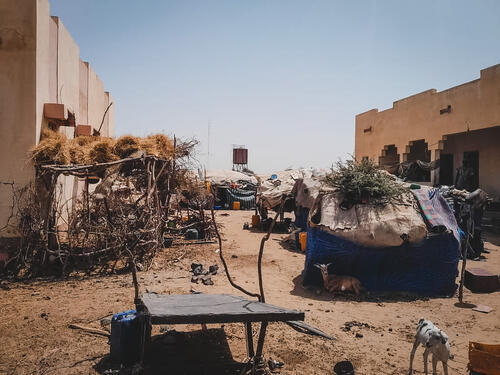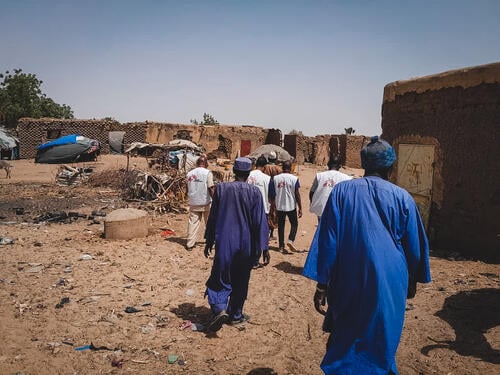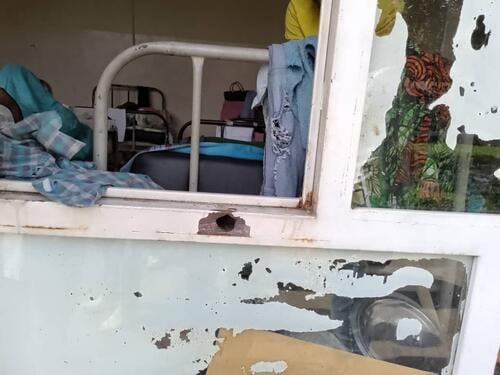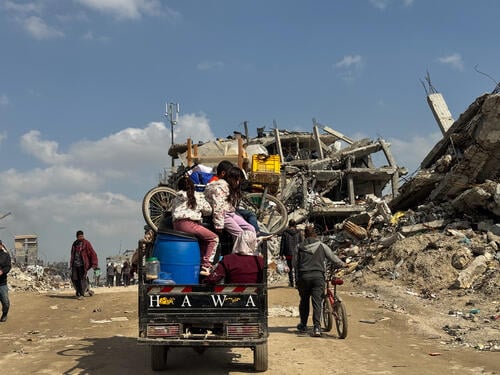Médecins Sans Frontières (MSF) has resumed activities in the Nampala region of central Mali, after we had been forced to evacuate our staff on 10 December 2024. This followed violence against our teams and restrictions on our movements, and leaving us no longer able to provide the same support to health facilities. MSF teams are back in the area and are currently working in Nampala health centre, where we plan to expand activities to Nampala’s outskirts to provide free healthcare to the community.
Ximena Andrea Campos Moreno, MSF medical manager, describes the prevailing situation and the challenges faced by the teams in bringing healthcare to people.
What is the general situation in Nampala?
The area has been and remains the scene of fighting between the Malian armed forces, supported by their Russian partners, and non-state armed groups. This situation has resulted in frequent displacements of the community as the fighting continues, particularly from the outskirts to the centre of Nampala, to the Tenenkou and Dioura areas, and into Mauritania. In addition, for several months, Nampala was cut off from supplies of food and basic goods.
The local people were caught in a trap, and it became virtually impossible to carry out daily activities. Faced with these difficulties, some medical staff also left the town. Today, movements are progressively resuming, but the situation remains unstable and volatile.
What are the medical and other health needs?
In a scenario where access to healthcare is limited due to insecurity, the lack of qualified personnel, or the limited availability of essential medicines, medical needs are growing. It is, however, essential that people have access to basic healthcare. Today, it is mainly women and children who need medical assistance, particularly to treat the large number of cases of malaria, which can be fatal for children under five and pregnant women.
But we are also concerned about the urgent need to treat cases of malnutrition, respiratory infections and the many cases of diarrhoea (due to the shortage of clean drinking water), which are the main illnesses MSF teams are seeing.

How can MSF continue to be present in this region?
We are working in a complex area, which requires constant contact with all the players at local, regional, and national level to guarantee the safety of our teams and patients.
Last October, we had to suspend our activities following violence and acts of intimidation against our teams while we were carrying out medical and humanitarian activities for the community. After having held discussions with all the parties involved, we received the necessary guarantees to resume our work at the beginning of November.
By December, movement restrictions, stress and fatigue made it increasingly difficult for the teams to stay on site. In order not to let down the people and the medical staff who had stayed on, we managed to send essential medicines and some basic equipment in January to ensure the continuation of basic healthcare.
MSF teams returned to the area on 17 March, and we are gradually resuming all our activities. At the health centre, we are carrying out general and prenatal consultations in close collaboration with the Nampala community health association, and referring serious cases to Niono if the security situation permits. In a second phase, the teams will be sent to the outskirts of Nampala as soon as the conditions and safety guarantees are in place.






